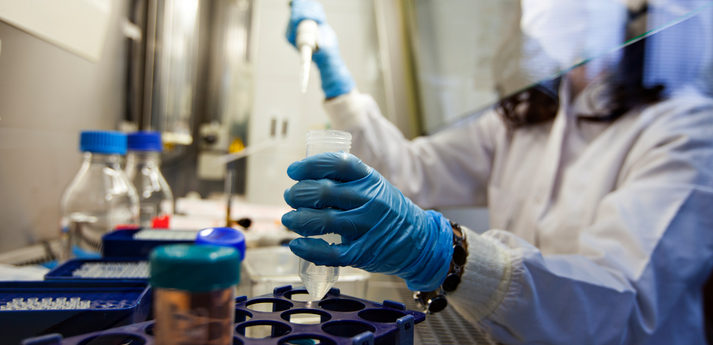A new study suggests that exposure to blue light that is emitted from Smartphones, tablets, computers, TVs and LEDs may increase your risk of developing prostate or breast cancer.
The study, published by Environmental Health Perspectives, analyzed artificial light exposure at night among breast and prostate cancer patients. Reviewing the case files of approximately 2,000 people living in Madrid and Barcelona, Spain, researchers were able to measure their direct exposure to artificial light. This included using images that are courtesy of the International Space Station and viewing the sources of artificial outdoor light, such as streetlights. Self-reported questionnaires determined indoor artificial light.
The study highlighted some interesting information. Those people that had exposure to high levels of outdoor blue light in the evening and at night had a 1.5 times greater chance of developing breast cancer and two times greater risk of developing prostate cancer. Men that had high exposure to indoor artificial light had a 2.8 times greater chance of developing prostate cancer.
This study specifically analyzed blue light, which was noticeable outdoors on satellite images, especially with LED streetlights. The study also showed that exposure to other types of artificial outdoor light, such as red and green portions, were not associated with developing cancer, which means that blue light is of most concern to scientists in this study.
According to Kristen Knutson, Associate Professor of Neurology at Northwestern University’s Feinberg School of Medicine, this “finding was unexpected but suggests that it is really the blue light that is important for cancer rather than just general brightness of light.” Knutson was not involved with the study but reviewed the results.
Blue light is known for having a shorter wavelength than other lights in the spectrum. This means that it has more energy. It is also known to decrease and affect the release of melatonin, which directly impacts the body’s delicate circadian rhythm.
Knutson further stated, “Blue light is the spectrum that signals the clock in the brain, and it is the spectrum that suppresses melatonin. Melatonin is a hormone that plays an important role in maintaining the synchronization of the clocks in all our body’s cells. Disruption of these clocks is thought to increase the risk of cancer.”
Blue light is also produced inside electronic devices, such as Smartphones and tablets, which is cause for concern in the medical field.
If you wish to reduce your blue light exposure on electronic devices, consider purchasing blue light blocking lenses, such as BluTech Lenses. Medical doctors and eye care professionals alike highly recommend blocking blue light to help protect against a wide variety of health conditions caused by overexposure to blue light.
Find BluTech Near You





